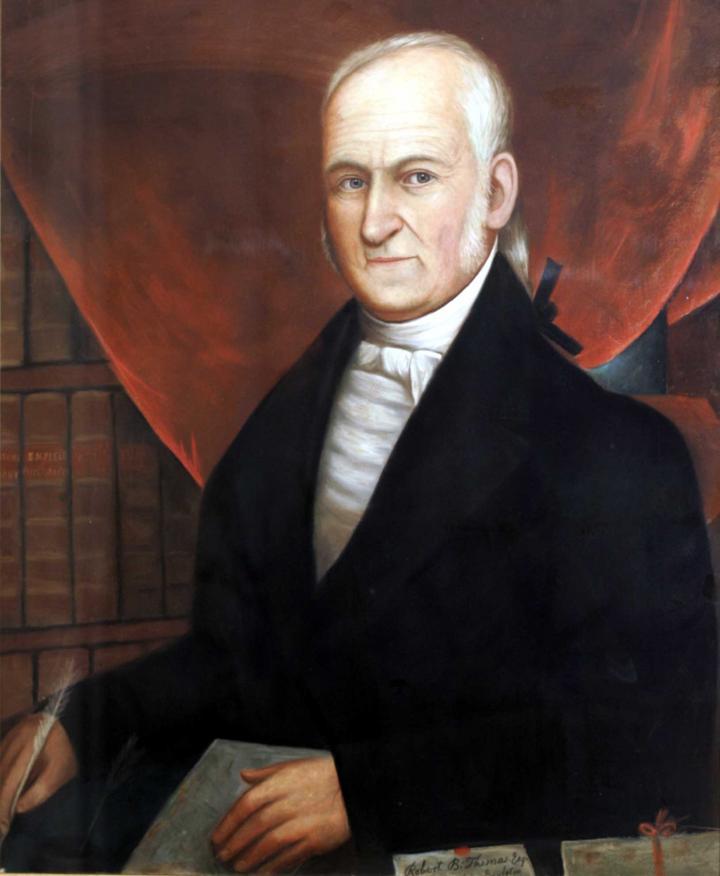
Plum Pudding
Ingredients
Unsalted butter (for mold)
1-1/2 cups fine stale breadcrumbs
1 cup all-purpose flour
1/2 cup milk, scalded
1/2 cup shortening, chilled very cold and cut into pieces
1/4 cup granulated sugar
8 ounces raisins (just shy of 1-1/2 cups), chopped
4 ounces dried figs (about 3/4 cup), chopped
4 ounces dried currants (about 3/4 cup), chopped
1 ounce citron, finely diced (or mixed candied peel)
1/8 cup brandy (or grape juice)
1/2 teaspoon ground cinnamon
1/4 teaspoon ground cloves
1/4 teaspoon grated nutmeg
1/4 teaspoon ground mace
1/8 teaspoon kosher or sea salt
2 large eggs, beaten
Foamy Sauce
Ingredients
1/2 cup (1 stick) unsalted butter, softened
1 cup confectioners’ sugar
1 large egg, beaten
2 tablespoons brandy (or vanilla)
What's cooking in The Old Farmer's Store?
Plum pudding is not the same as figgy pudding, which is made with figs only. Plum pudding does not have figs in the recipe as yours has.
You list SUET in the instructions, BUT NOT, in the ingredients. What is the Correct Answer. Too Suet or Not to Suet. if so how much?
This recipe for Plum Pudding must be authentic if the original recipe used suet !!! (Bear-fat) ~
Suet is beef fat, usually leaf lard from around kidneys as it is more solid.













Comments